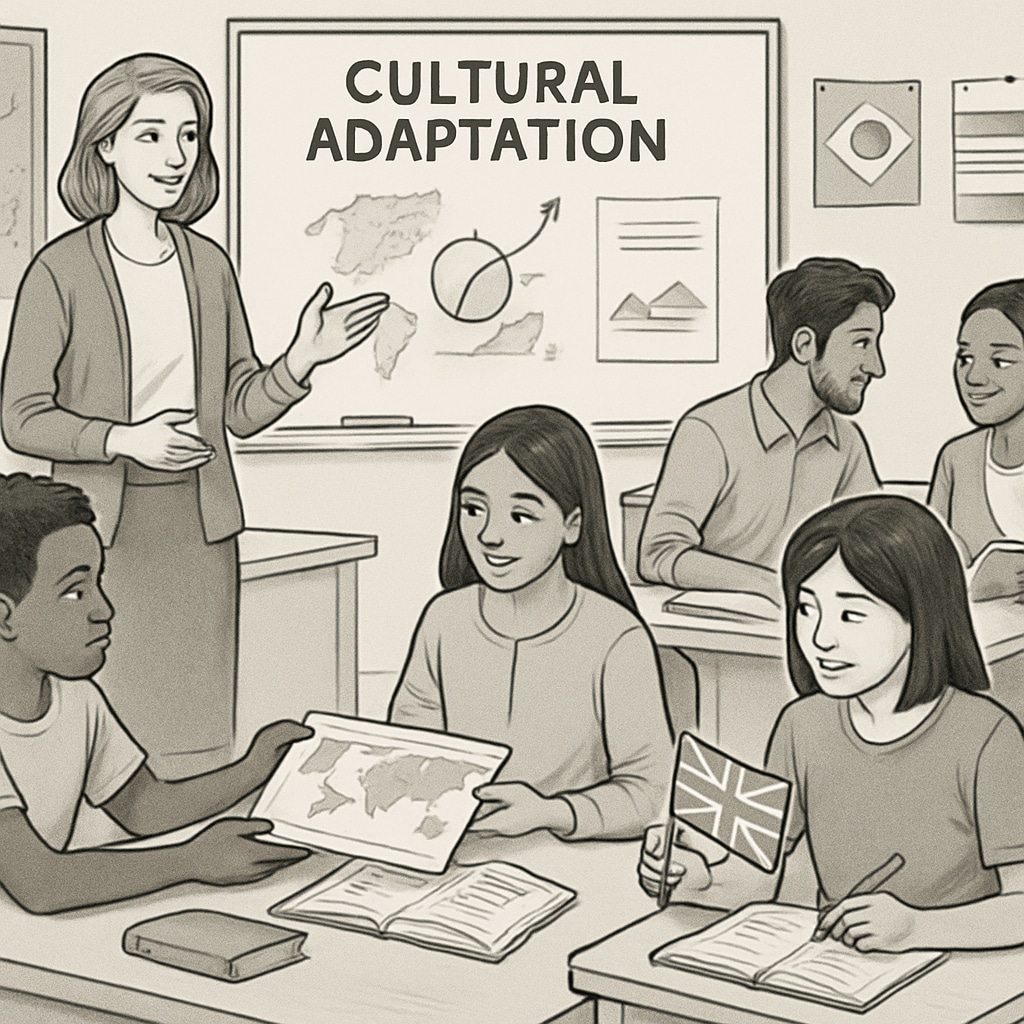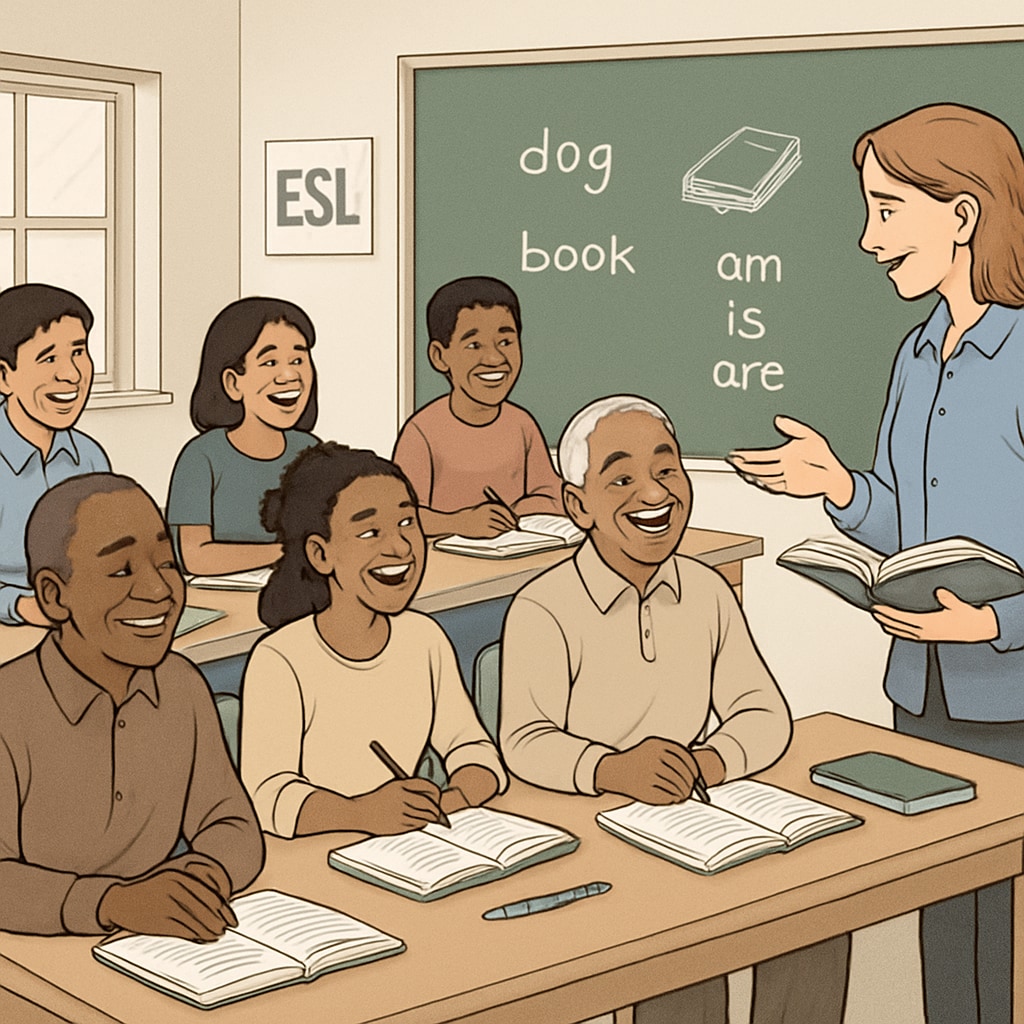For international students, adjusting to life in the United States can be both exciting and overwhelming. The cultural differences, language barriers, and unfamiliar education systems often create challenges. However, programs focusing on adult education, cultural adaptation, and foundational knowledge can act as invaluable tools. This article provides a comprehensive guide to resources available in New York City, helping international students bridge the cultural divide and thrive in their professional and personal lives.
Understanding the Importance of Cultural Adaptation
Cultural adaptation is a critical step for international students aiming to succeed in the U.S. Understanding local norms, traditions, and communication styles can greatly enhance both academic and professional performance. For example, concepts like individualism, time management, and workplace etiquette may differ significantly from what students are used to in their home countries.
Programs offering cultural orientation workshops or English as a Second Language (ESL) classes are particularly effective. These initiatives not only improve language skills but also provide insights into American social norms. For further reading, check out this article on cultural shock on Wikipedia.

Adult Education Programs in New York City
New York City is home to a wide array of adult education programs catering to international students. These programs cover topics ranging from job readiness and communication skills to foundational knowledge about American history and society. Several reputable institutions offer courses tailored for adult learners, ensuring flexibility for those balancing work and study.
- The New York Public Library (NYPL): The NYPL offers free ESL and citizenship preparation classes, which are ideal for students looking to improve their English and understand U.S. civics.
- The City University of New York (CUNY): CUNY provides Continuing Education programs that include professional development courses and cultural adaptation workshops.
- YMCA International Services: The YMCA in NYC offers affordable workshops focusing on legal rights, cultural norms, and job preparation for immigrants and international students.
These resources not only equip students with practical skills but also foster a sense of belonging in their new communities. For more details on adult education, visit Britannica’s overview of adult education.

Key Foundational Knowledge for International Students
Besides cultural adaptation and adult education, understanding the foundational aspects of American society is crucial. Topics like U.S. history, government structure, and civil rights can provide international students with a more comprehensive view of the country they now call home. Many NYC-based organizations, such as the Tenement Museum and the Museum of the City of New York, offer workshops and tours that delve into these subjects.
In addition, online platforms like Coursera and Khan Academy provide free or low-cost courses on American history and culture, making them accessible to students with busy schedules. For those interested in self-paced learning, these digital resources can be a convenient alternative to in-person classes.
Tips for a Smooth Cultural Transition
To ensure a seamless transition, international students should consider the following tips:
- Engage with Local Communities: Join clubs, volunteer groups, or attend cultural events to build connections and practice language skills.
- Leverage Technology: Use apps like Duolingo for language practice or Meetup to find local activities tailored to your interests.
- Seek Mentorship: Many universities and community organizations offer mentorship programs that pair international students with local professionals.
By actively participating in these activities, students can accelerate their cultural adaptation and enhance their overall experience in the U.S.
In conclusion, navigating the complexities of American culture and education as an international student doesn’t have to be daunting. With the right resources and a proactive approach, students can overcome barriers and achieve their personal and professional goals.


